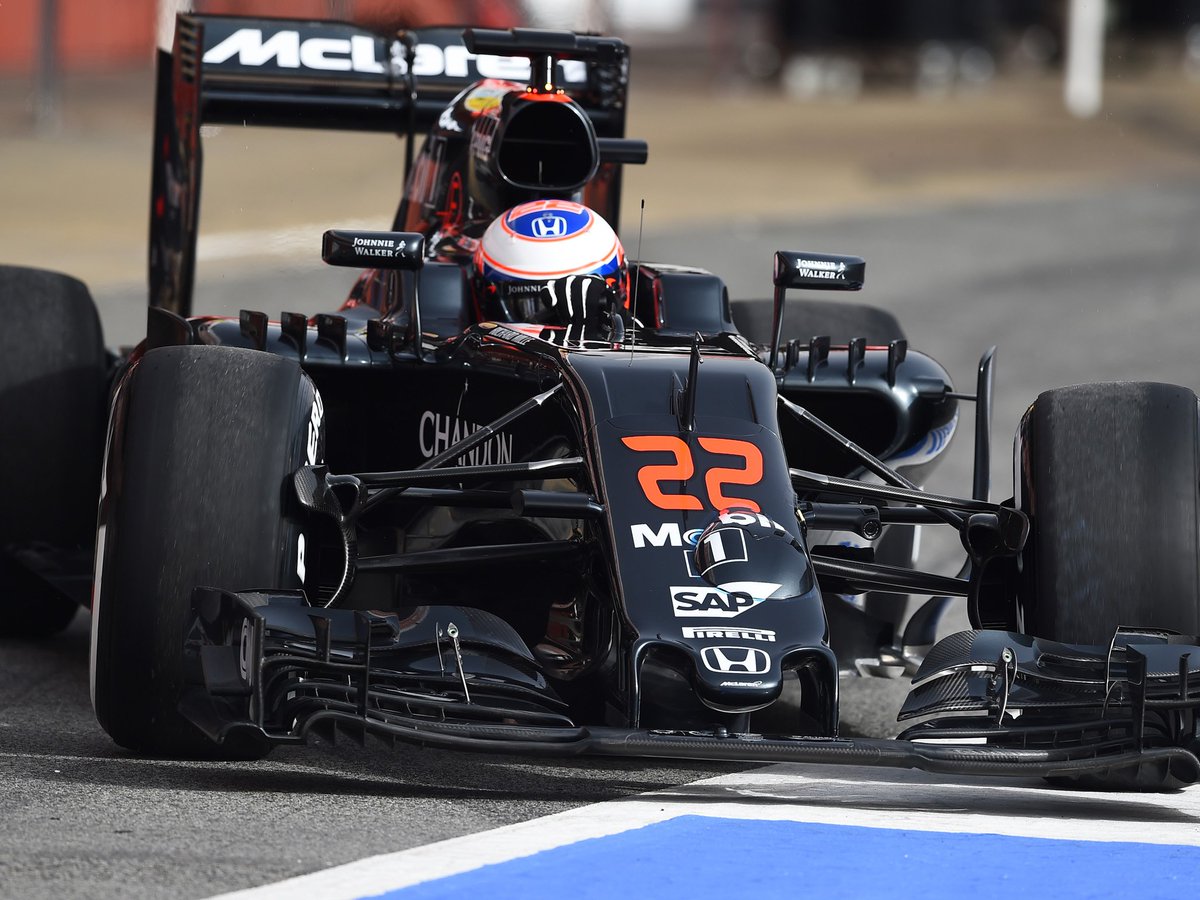Firstly, this is a really long post, I don't expect many people to read it in its entirety so I have put in blue and italics the parts that get to the crux of the post.
Been a long time stalker of this site, have never posted because any question I have had I used the search function first, and sure enough it had been asked before and answered in its entirety, such is the utility of the users to this site. (I actually signed up about a year ago or so, and such is the depth of this site that whenever I had a question I didn't need to sign in and post it, because the search function always answered it. I actually forgot my username, is it possible to recover this?) My background is nothing technically relevant to F1(background is psychology.)
I have followed F1 for a long long time, but only recently (maybe last 6 years) have I had the passion to understand the technical side of F1 to its true magnitude, and this site has been invaluable for that. So I thank you.
So my girlfriend, who has a mild interest in F1, but is more into MotoGP, posed this question to me. Why was Ayrton Senna so important to you? Why not Alan Jones, or Prost, or Schumacher, or Hakkinen, or Alonso? Why Senna?
The answer for me is simple, its because of Adelaide, and I'll share (copy + paste) the answer I said below (was somehow compelled to write it down). Again, the crux will be in bold, if you're bored, interested, really high, then by all means read it in its entirety.
My first real hero, like any boy I guess, was my Dad. I remember him coming home from working 12 hour shifts in fern green matching long sleeve top and slacks, fresh because miners showered before leaving the site. And wanting to work as hard as him. It didn’t matter in what, and I would do mock jobs of whatever just to fool myself into the strangely enticing feeling of having worked hard on something that earned you the right to be tired. Digging holes in the backyard and pretending I was actually building something. Moving crate fulls of empty glass bottles from one back corner of the yard to the other. Why these were kept I still do not know. Or even creating small bmx bike tracks around an insignificant part of the backyard, and riding it over and over and over until I was exhausted. This would later possibly be the source of my interest in motorsports, or racing in general.
But my first sporting hero ever was Ayrton Senna. I remember as kids, living in Eyre St my two brothers and I shared a room, but I was only small then,maybe 3 or 4, and my memories can be counted with both hands, maybe even room to spare. Then we moved to McGowen St, and my oldest brother and I shared a room. Around this time, late 80′s or maybe 1990, F1 was really beginning to take off (as I would only find out many years late), but as a small kid from Broken Hill, Australia, I knew nothing of this, or of championships and world wide series, of FIA and politics or aerodynamics. Not even tire wear or fuel consumption. All I knew was that once a year in Adelaide there was a race of these cars that looked so radical from anything I had ever seen[/b], the only place I really knew for sure existed outside of Broken Hill. And that every year that I have memory there was one driver that dominated this race. Ayrton Senna.
I remember that leading up to what was more than likely the 1991 season, there was a middle page poster of Ayrton Senna in his day-glow Malboro sponsored McLaren in the Adelaide paper, which we received. Number 1 emblazoned on his nose cone, a fact I would later learn meant he had won the drivers world championship the year before. My brother stuck this poster on our wall, because being much older, he understood the significance of such an athlete, and was a racing fan as well. But you didn’t have to be an F1 fan to understand this, much like you do not need to know much about basketball to understand the magnitude of two words, Michael Jordan.
But he put that poster up on our wall, and I would wake up every day seeing it, and naively fantasising about driving around Adelaide in this white and fluoro red car, not even understanding there were other tracks that counted towards a championship. But I looked forward to that one day a year when the Adelaide Grand Prix was on. I’d draw race cars in my spare time, constantly debating how to draw what would later be not so intricate details of an engine.
My grandparents had little trikes. The old school type with metal everything, including wheels. But instead of sitting and pedalling, I would stand on the rear axle and push, like a scooter, and like many kids did I would imagine. After all, you could go a whole lot faster, and kids aren’t risk obverse, in fact usually opposite. I would set up little tracks and belt around them. And then I discovered an old lawnmower that was no longer used, but had two rubber wheels with plastic spokes, and this was even more realistic so I was determined to fit them onto my trike, and even at that age I did. With a screw driver and a hammer I knocked off the caps from the axle, fitted the tyre, then hammered the metal reverse barbed caps back on. With this new found accessory I could even simulate realistic pit stops, provided I had a supply of these wheels. The only thing was that the lateral forces applied to these cheap plastic rims while cornering, and especially when standing on the rear axle and ‘scooting,’ would sooner rather than later just break the plastic spokes acting as a rim. So my grandfather was on a constant mission for old lawnmowers, trikes (of which I amassed plenty) or wheel barrows to salvage the wheels.
I would do this for hours, and days.
I don’t even remember when he died. I didn’t find out for a long long time after it happened. Adelaide was the last race of the season, and the only race I was able to watch. With no internet, a media that had no interest, and no way to source the information, I was unaware of anything to do with F1 outside of the Adelaide race. That year 1994, the year of Sennas death, I was 10 years old. I watched the warm up to the race, expecting to see that yellow with green stripe helmet sat in the familiar red and white colours of the McLaren on the front row, waiting for the start, not even understanding that he had signed and driven for Williams Renault that year. But two McLarens were there, none with a Yellow and green helmet. The championship that year had come down to the last race, and only one point separated Michael Schumacher in the Benneton and Damon Hill in the Williams (who was Sennas teammate), and as Senna had died in the 3rd race of the season, and this being the last and the decider for the championship, nothing of Senna was said pre race, or nothing that I can remember.
Then the race finished, Schumacher and Hill had crashed giving Michael his first championship, and Hill only denied because the incident left him with a broken front suspension and unable to complete another lap. Then the commentator explaining how remiss it would be of him to not mention the likelihood of Ayrton Senna being champion if he had not died, and Schumacher saying just as much. I was shocked, devastated, but I didn’t cry. I got on my own personal McLaren trike out the back of my grandparents and turned lap after lap of my own self designed, in some parts imaginary track. And the satisfaction was hitting each apex and the addition of the rubber tyres I had fitted leaving black marks around each corner, just like the F1 cars on tv. And the more black marks, the more in unison congruent with the racing line around each corner, the more satisfaction. The escape from those feelings while being more close to the idea seemed to sum up what mourning was all about. Forget the death while acting out the very things that made you love them in the first place. Forgetting through indulgence. Healing through immersion.
That’s what Ayrton Senna da Silva meant to me. 20 years ago to this day he crashed at the Tamburello corner of the Imola race track, in San Marino, Italy, abruptly ending his life. Such tragedies often befall those who risk everything to reach for the stars. Usually only after they have reached them, also. Such is the seemingly suicidal tendency that drives someone to be the greatest at anything.
What did he mean to you?
- Login or Register
No account yet? Sign up



